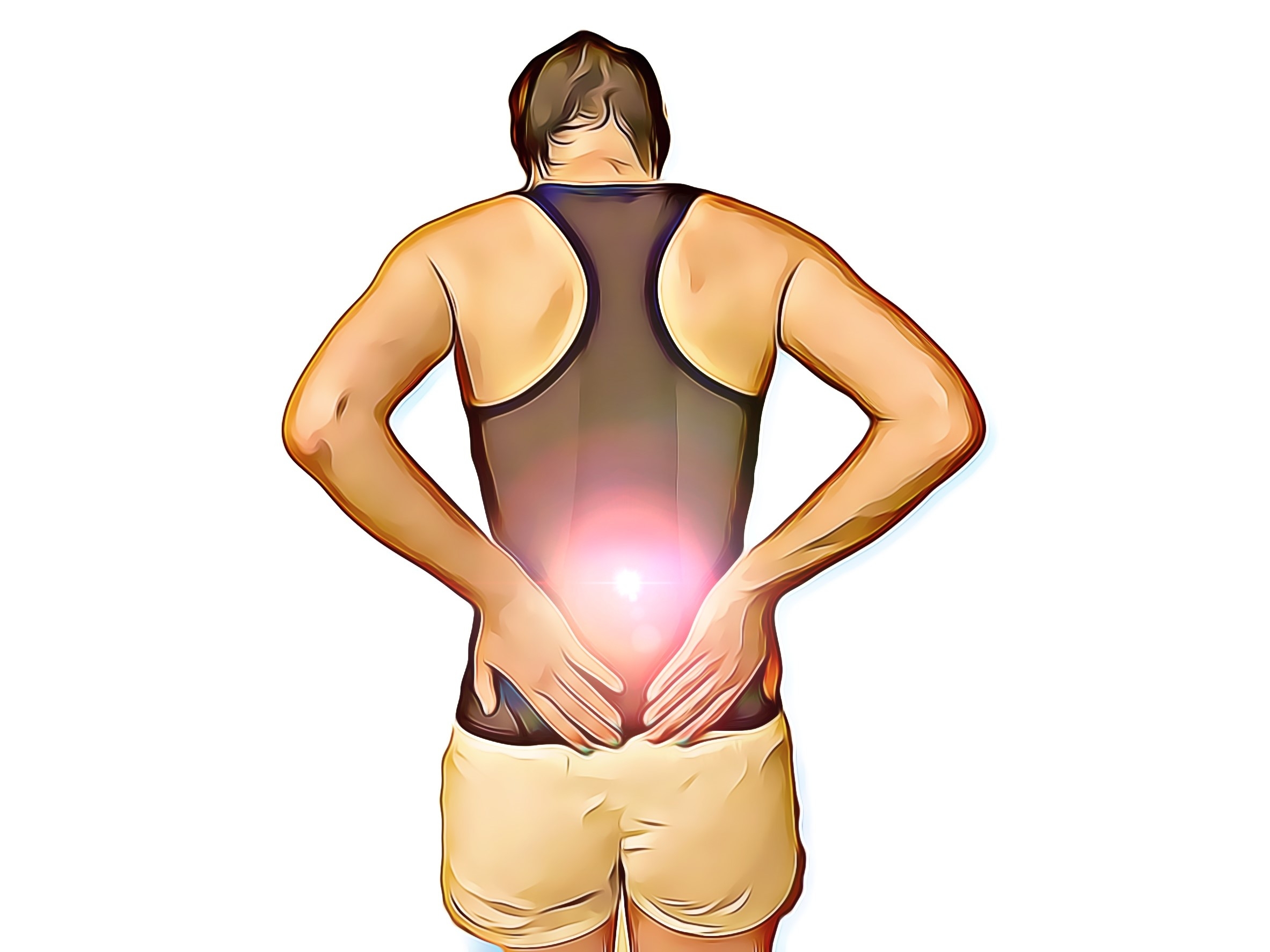
Fibromyalgia
What is Fibromyalgia?
Fibromyalgia is a chronic condition characterised by widespread pain throughout the body along with fatigue, memory problems, sleep and mood disorders. Sufferers of fibromyalgia often spend years trying to find a diagnosis that fits their many symptoms and fluctuate between periods of having high energy and ‘crashes’ of fatigue and pain. In severe cases, fibromyalgia can cause significant lifestyle disruptions, including reduced activity, unemployment and depression.
The underlying mechanism that creates the symptoms of fibromyalgia has been shown to be increased pain amplification by the central nervous system and reduced activation of the sympathetic nervous system. Essentially this means that small pain signals in the body are processed as large pain signals by the central nervous system.
What causes it?
Fibromyalgia is a complicated condition that is poorly understood. This can be very frustrating for sufferers, who often find themselves being shuffled between health practitioners looking for answers and long term relief. While the pain generally feels muscular, usually little to no muscular damage or injury can be found on physical assessment. The symptoms can also mimic those of an infectious illness, or other chronic diseases. Often a diagnosis of fibromyalgia is reached after other diseases and causes have been ruled out.
The cause of fibromyalgia is as yet unknown, it was thought that the depression and reduced activity that are often associated with fibromyalgia could be causative, however it has been show that these are symptoms of fibromyalgia rather than causes. Other significant signs of fibromyalgia are a lack of REM sleep in sufferers and a positive result of more than 11 out of 18 muscular trigger points.
What is the treatment?
Following a diagnosis of fibromyalgia, patients primary strategy is to understand and manage their symptoms. This can involve pacing activities and balancing exercise so as to reduce ‘crashes’ and unhelpful pain cycles that lead to frustration. Identifying activities, employment and a routine that don’t exacerbate symptoms can have a significant impact on quality of life for someone with fibromyalgia.
Having psychological support can also be very important to help patients deal with the emotional distress of a complex chronic condition that has no outward physical signs.
Treatments that have been shown to help reduce symptoms are TENS (electrical stimulation) which produces an endorphin response and can reduce pain. Certain medications may be helpful when prescribed by a doctor. Education and understanding of this condition can have the largest impact for sufferers, helping them to manage and maintain some control over their symptoms. Physiotherapists can have a large role in education and helping patients find a routine and activity level that helps them manage their condition as best as possible.
None of the information in this newsletter is a replacement for proper medical advice. Always see a medical professional for advice on your individual injury.
If you require professional advice or treatment, please see our range of treatment options, or book an appointment online. Physio Direct has many clinics located throughout New Zealand, with no GP referral required to make an appointment.
Physio Direct is ACC accredited so you can come to us directly to get an injury registered with ACC without having to go to your GP first, followed by an assessment, treatment and follow up review, to ensure correct care and recovery. Physio Direct can also refer you directly for Cortisone injections, X-Rays and Ultra Sound Scans and on to Specialists if needed.
Please feel free to print out these news letters and put the in the staffroom and hand them out to your team. Understanding more about injuries, gives people the power to prevent an injury from occurring in the first place. Prevention and education is the key!
